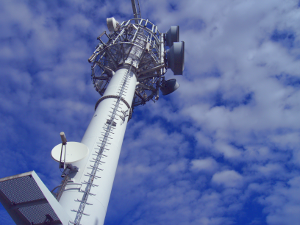 Rep. Henry Waxman (D-Calif.) announced Wednesday that the net neutrality bill was dead. Rep. Joe “You Lie!” Barton (R-Tex) was the final nail in the coffin. Net neutrality has stirred much debate recently with one side concerned about excessive government regulations hampering the communications companies from managing their business, while the other side is worried about preserving unfettered access to all Internet content by anyone, regardless of what service they use to connect.
Rep. Henry Waxman (D-Calif.) announced Wednesday that the net neutrality bill was dead. Rep. Joe “You Lie!” Barton (R-Tex) was the final nail in the coffin. Net neutrality has stirred much debate recently with one side concerned about excessive government regulations hampering the communications companies from managing their business, while the other side is worried about preserving unfettered access to all Internet content by anyone, regardless of what service they use to connect.
Critics have tried to position net neutrality regulations as an attempt by the government to censor the Internet. In reality, it is exactly the opposite of that. Net neutrality regulations mean that your ISP cannot favor any one sort of traffic on the network over another. That means an Internet provider can’t purposely slow down streaming video from Hulu unless the consumer also subscribe to their premium cable TV package. It means the ISP can’t sign a deal with Google to reroute search traffic from Bing to their site. It means, all Internet content is treated equally. That providers must provide content agnostic access and not play favorites based on the type of content or the source of it.
The critical failure here is one of not embracing the Internet as a fundamental part of the national infrastructure. In our world, it is every bit as vital as telephone service, water, and electric. It’s worth noting that telephone service already has regulations similar to net neutrality on its networks. Back in the early days of telephony, some telephone companies refused to allow calls to be made to certain areas or numbers because it wasn’t profitable enough for them to do so. The government stepped in and said enough of that. If you are a telephone company then you will allow your customers to call anywhere and everyone.
Allowing ISPs to control content access is not necessary to support the ISP business model. It is not good for American business or innovation. It is not good for consumers. It is certainly not consistent with free markets and freedom from tyranny. It is only good for lining the pockets of the big ISPs.
It’s high time America owned up to the Internet being a public utility and started treating it like one.
